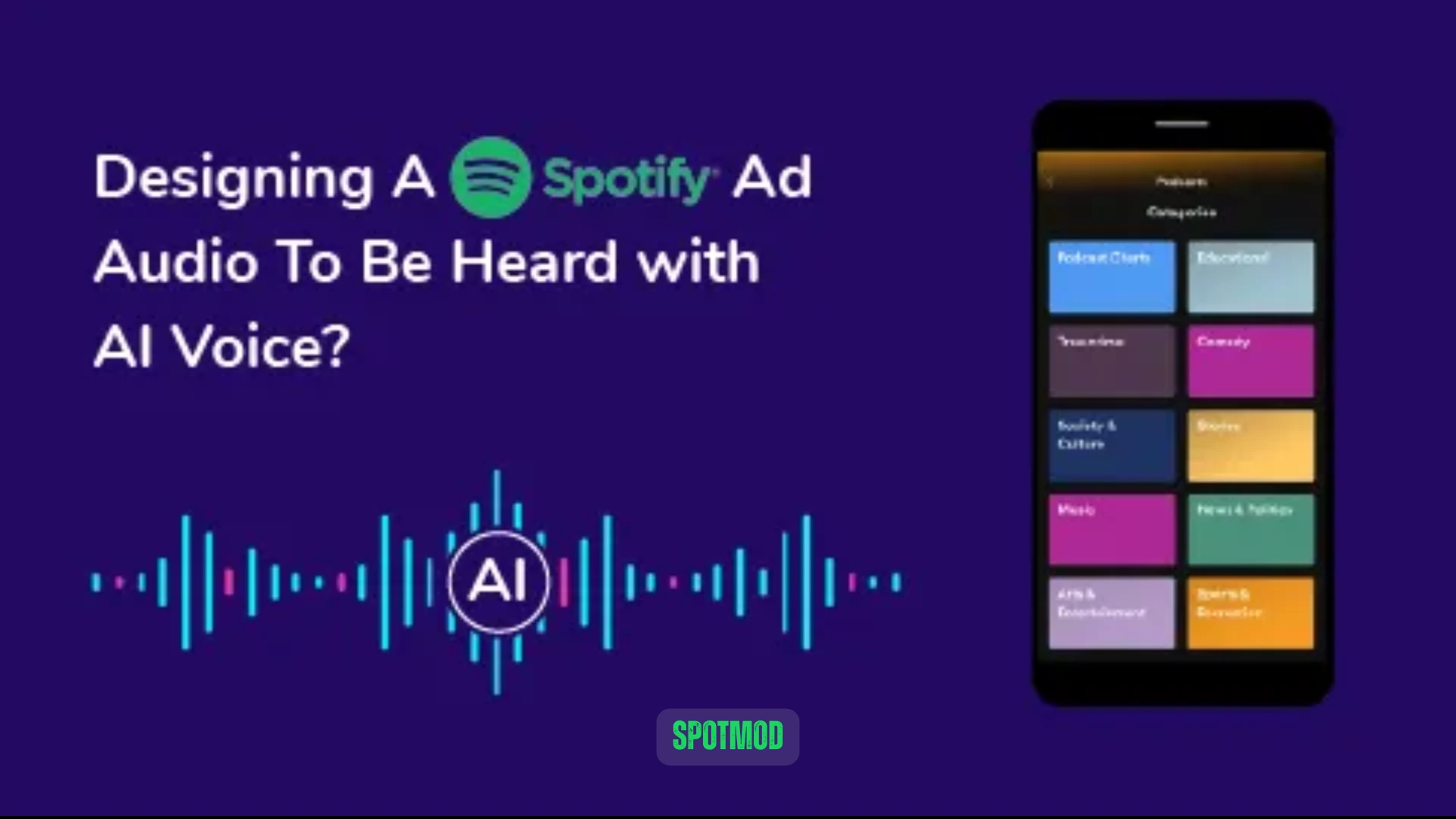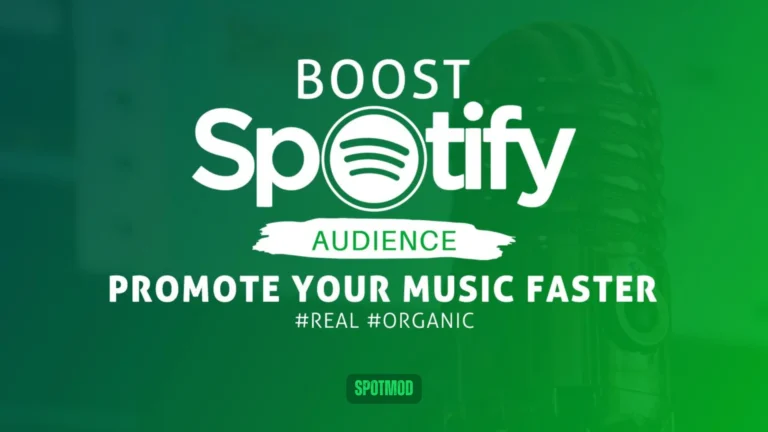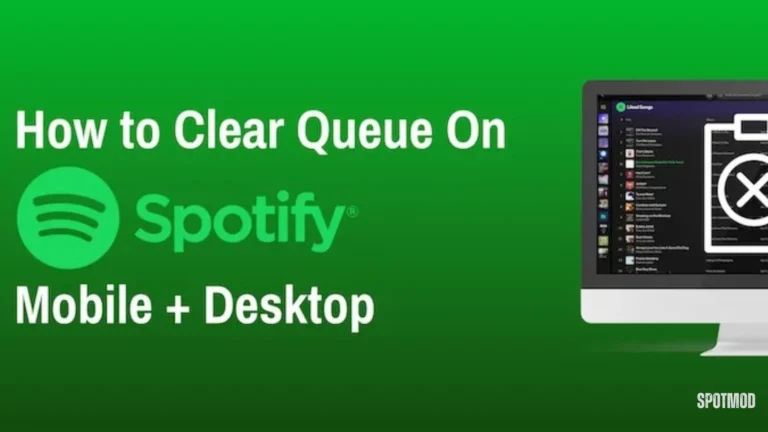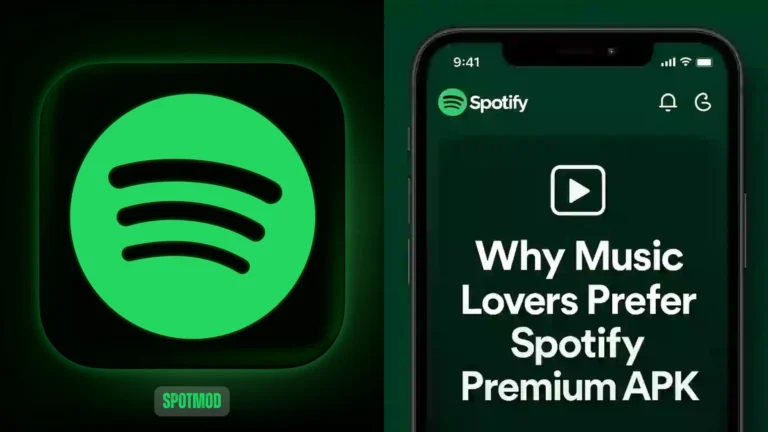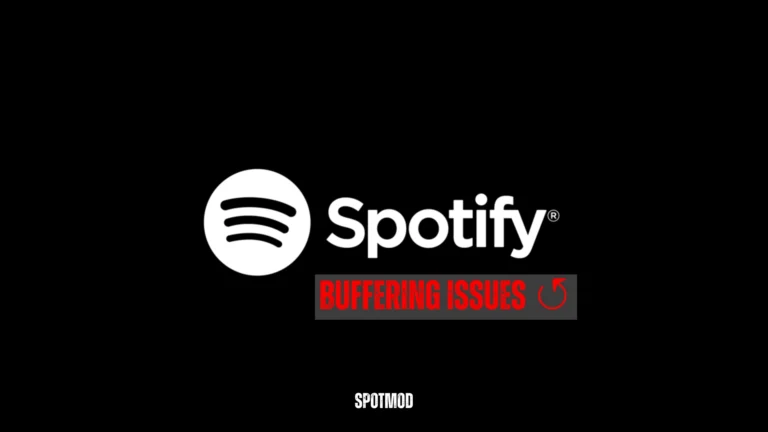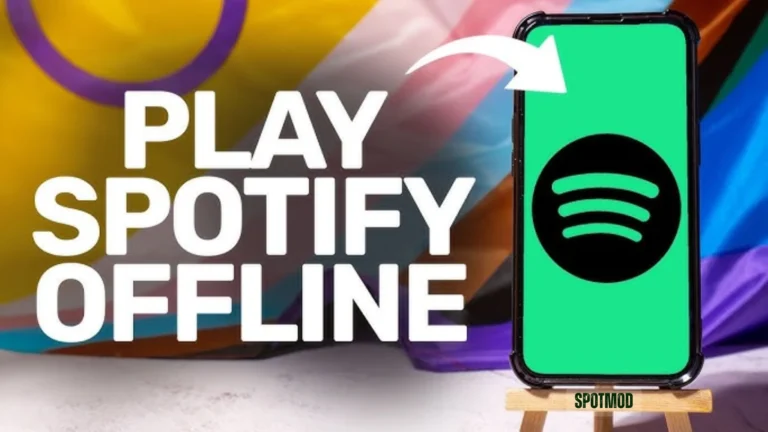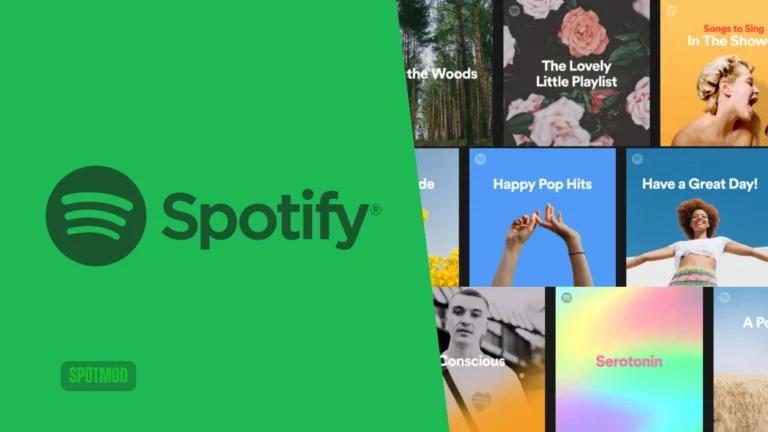Spotify’s AI Ad Revolution – Personalised Ads with Podcaster Voices In 2025
Spotify has been reshaping how the world listens to music and podcasts — and now, it’s redefining how ads are delivered too. In a bold step into the future of advertising, Spotify is using AI to mimic the voices of podcast hosts for more personalised, engaging, and effective ads.
Let’s explore how this AI-powered innovation works, its benefits, concerns, and what it could mean for the future of digital marketing.
How AI Mimicking Podcast Host Works
Spotify’s new ad tech leverages voice cloning powered by artificial intelligence. Through machine learning algorithms, Spotify can analyze and recreate the speech patterns, tone, and style of podcast hosts. This enables the platform to deliver targeted ads that sound like they’re coming directly from the host — even when they’re not.
Here’s how the process generally works:
- AI is trained on hours of host audio
- It then generates realistic synthetic speech
- Spotify integrates this voice into dynamically inserted advertisements
- Listeners hear ads that feel like part of the show
This form of synthetic endorsement helps brands connect more authentically with audiences — without requiring the host to record new lines every time.
Features and Capabilities of AI-Mimicking Podcast Hosts
Mimicking Voices
AI can replicate a host’s voice, cadence, and tone with impressive realism, making it almost indistinguishable from the real speaker.
Language Translation
Spotify’s AI can potentially translate a host’s voice into multiple languages while retaining their original vocal identity — opening global marketing opportunities.
Enhanced Engagement
Since listeners already trust and enjoy their favorite podcast hosts, AI-mimicked ads feel less intrusive and more engaging, leading to higher conversion rates.
Benefits of AI Mimicking in Podcast Advertising
Personalised Listening
Spotify can use user data to deliver hyper-personalised ads — in the voice of a host the listener already knows and trusts.
Suitable for Brands
Brands benefit from host-style endorsements without needing to schedule recording sessions — saving time and costs.
Potential and Authentic
When done correctly, AI voice ads can maintain a natural tone, enhancing brand authenticity and listener trust.
Concerns and Considerations
As with any new technology, Spotify’s AI ad innovation brings a host of valid concerns:
Consent and Control
Are podcast hosts giving informed consent to have their voice cloned? Do they retain control over how their synthetic voice is used?
Quality and Authenticity
There’s a fine line between authentic engagement and uncanny imitation. Poorly generated voices may feel robotic or inauthentic.
Regular Landscape
This tech could disrupt traditional ad formats, impacting how hosts, producers, and ad agencies operate.
Privacy Concerns
Cloning someone’s voice involves handling biometric data. How is Spotify protecting this data from misuse?
Consumer Acceptance
Will listeners feel deceived or manipulated when they learn a voice is AI-generated?
Legal Implications
In some regions, using a person’s voice without explicit permission could lead to legal disputes over likeness rights or misrepresentation.
Ethical Considerations
Spotify must navigate critical ethical questions:
Ethical transparency will be key to maintaining user trust and industry credibility.
The Future of AI Mimicking Podcast in Advertising
Spotify is only scratching the surface. In the near future, we may see:
For advertisers, this opens the door to scalable, cost-effective, and high-performing campaigns unlike anything before.
Conclusion
Spotify’s move into AI voice cloning for podcast ads is bold, innovative, and — for many — controversial. While it promises personalization and efficiency, it also raises ethical and legal questions about authenticity, privacy, and consent.
If implemented responsibly, AI-mimicking podcast hosts could transform how brands connect with audiences — making advertising sound less like marketing and more like conversation.
Want to avoid ads? Download Spotify on iOS, Android, MacOS, PC, and Smart TV. To explore more updates on Spotify tech, mods, or features, check out our homepage.

